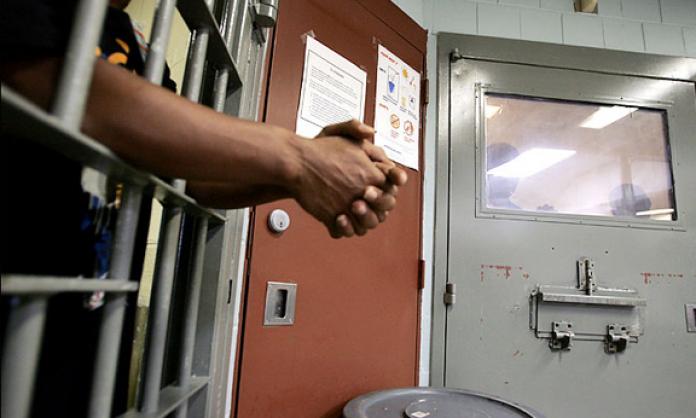Aboriginal people face harsher sentences due to systemic racism in the judicial system, a new report has concluded. The report, prepared by the University of Technology Sydney, is based on dozens of interviews with judicial staff and lawyers.
Researchers summarised one judge’s explanation: “Magistrates in remote communities relied on stereotypes about Aboriginal people as intoxicated because magistrates ‘flew-in, flew-out’ of country towns and could not comprehend the issues in the community. These views were reinforced by prosecutors”.
Another said: “Magistrates, especially in country towns, can hold beliefs that Aboriginal people are hopeless. This stems from witnessing recidivism among some Aboriginal people and leads to unfair sentencing outcomes for Aboriginal people”.
The report comes as sitting magistrate David Degnam defended disproportionate rates of Aboriginal incarceration, telling a Sydney talkback radio program: “This thing about Aboriginal people in custody, they’re committing the offences. That’s why they’re in custody. No-one’s trying to target the Aborigines. Each offender comes to the court and they’re dealt with individually … Some people just keep offending”.
It should come as no great shock that a sitting magistrate would deny that structural oppression and discrimination are factors in high incarceration rates. But the research from UTS is another blow to such racist evasions.
Lead author Thalia Anthony explained that Indigenous people’s backgrounds were often not properly communicated to courts, leading to harsher sentences. White court officers were more likely to share understanding and build rapport with white offenders. As she told the Guardian:
“Someone’s community and background is very relevant because it sheds light on their culpability. If someone has had a very deprived upbringing and didn’t have access to stable accommodation, education and proper healthcare or they were abused or neglected, this will mean they’re less culpable because their chances in life have been more limited than someone growing up in a city with privileges but who still chooses to offend.”
Harsher sentences are a link in the chain of racist injustice that includes dispossession, unemployment and poverty, over-policing and racial profiling, and incredibly high rates of Indigenous incarceration.
Aboriginal people make up just 3 percent of the Australian population, but 27 percent of the prison population. In the Northern Territory, about 83 per cent of adult prisoners and 97 percent of juvenile detainees are Indigenous. Those ratios, and the overall number of people incarcerated, have risen as state and territory governments have imposed longer sentences and undermined the right to bail in recent years.




